When a couple goes through a divorce, there are some big topics with which they are rightfully concerned. How will child custody be handled? Who will get the house? The issue of debt, and how it’s distributed, isn’t something you’ll likely think of immediately, but it can be just as important as dividing assets.
Debt follows community property rules
Washington is a community property state. This means that, under state law, courts presume that all assets acquired during the marriage are jointly owned by the spouses. The same holds true for any debts acquired during the marriage.
Not all debts belong to the marriage – just as separate property can include an asset one spouse acquired before the marriage, so too can it include a debt which predates it. One example might be student loans. It is less likely that such a debt, assuming it arose before the couple married, would be counted against both spouses as part of the final divorce judgment.
But for those debts which the court considers marital property, both spouses are presumed to be liable for them. This doesn’t necessarily mean that a court will split each debt evenly and assign half to each spouse. Instead, the court will look to distribute debt with a level of fairness, which means that certain debts may be assigned to one spouse while the other spouse takes on different debts.
It’s important to note that debt can continue to accumulate while the divorce is proceeding, which can sometimes take a long time. Generally, those debts will go into the marital pot of community property along with everything else. It does not, however, give a spouse license to spend a large amount of money on something for themselves. As an issue of fairness, the court will likely decide that such a debt belongs to that spouse alone.
